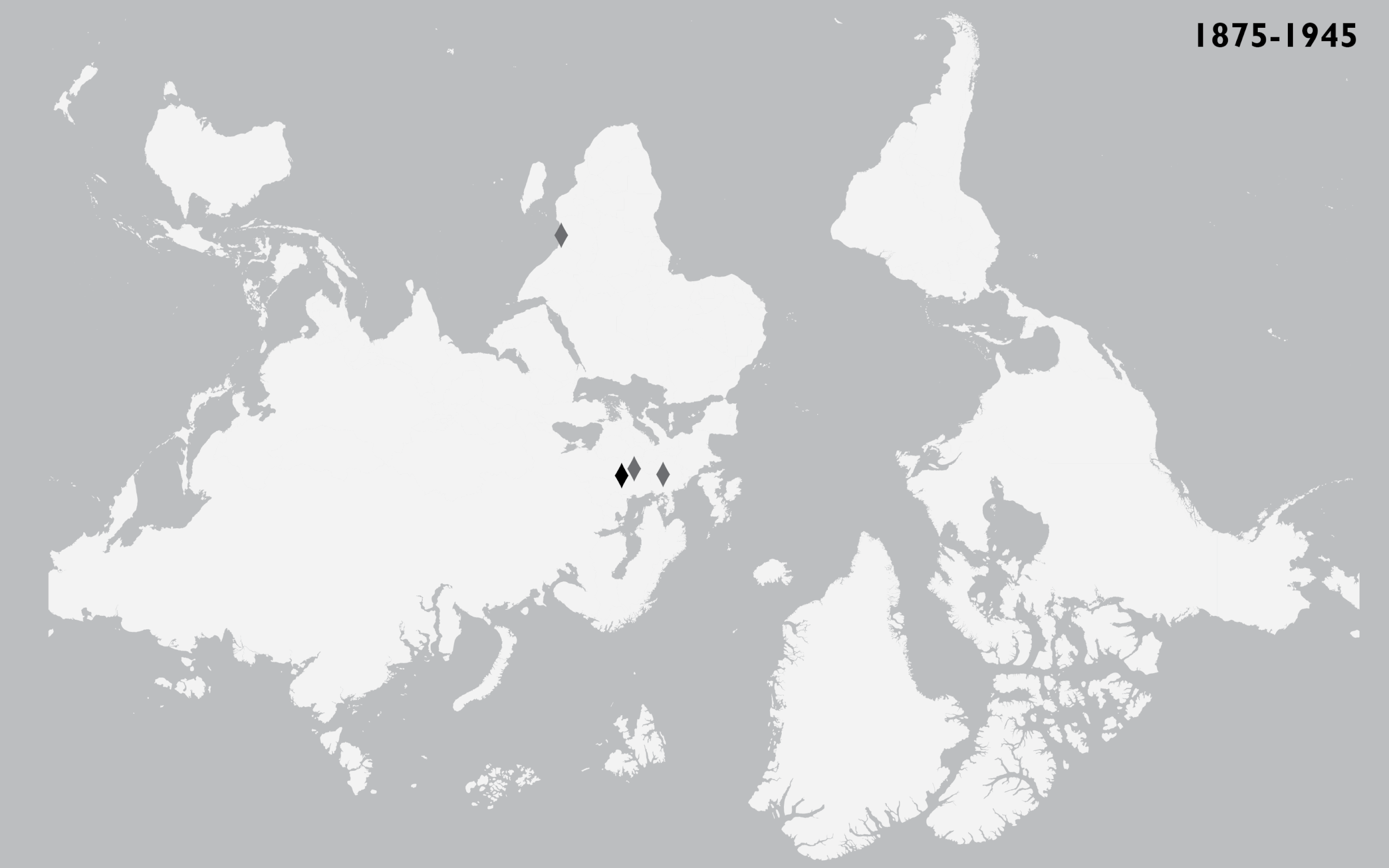Associate Professor of Urban Studies & International Development, Massachusetts Institute of Technology
Delia Duong Ba Wendel is a critical peace scholar and urban historian who explores cities in conflict and forms of repair after violence. Her research centers spatial and trauma-informed perspectives.
NEW BOOK IN 2025
In Rwanda’s Genocide Heritage, Delia Duong Ba Wendel contends with the forms of justice and sovereignty enacted through sites of violent memory. Drawing from oral histories and a newly available visual archive of memory work after the 1994 genocide in Rwanda, she explores the human rights and government priorities that preserved killing sites and victims’ remains for public display. Rwanda’s genocide memorials exemplify a global phenomenon that Wendel terms “trauma heritage,” wherein hidden or unrecognized violence is spatialized—made visible in public space—to demand justice and recognition. She argues that trauma heritage innovates on the form histories take by “writing” them into landscapes, constituting a reparative historiography from the Global South. Among those sites, Rwanda’s genocide heritage comprises exceptionally visceral sites of truth-telling that highlight the politics of a past made present. Wendel demonstrates that such sites of memory require reckoning with the ethical and political dilemmas that arise from viewing violence as forms of repair and control. AVAILABLE TO PURCHASE VIA DUKE UNIVERSITY PRESS
“Trauma heritage—wherein hidden and unrecognized violence is made visible in public space—innovates on the form histories take by “writing” them into landscapes, constituting a reparative historiography from the Global South.”
— Delia Duong Ba Wendel, Rwanda’s Genocide Heritage (2025)
Chronological Atlas of Trauma Heritage, 1875-2020 (Delia Duong Ba Wendel, 2024 | map by Tyler Rivera, art by Zac DeGiulio)
The above chronological atlas represents an era of trauma heritage: an era of spatialized memory justice activism, particularly salient from the 1970s to the present, in which efforts to make crimes against humanity visible in public spaces proliferated. The struggles for recognition by advocates of Black communities killed and oppressed under apartheid in South Africa, Mayan communities murdered and persecuted in Guatemala, Bengalis violently suppressed in the movement for Bangladesh’s self-determination, and the scores of Argentinian dissidents forcibly disappeared by the military junta exemplify what is at stake in claiming public spaces for absenced histories. Significant precedents, including those related to racialized violence in the United States and the Holocaust in Europe, had substantial influence in shaping both the human rights principles and the representational forms on which this approach to atrocity remembrance relies. Rwanda’s genocide heritage exemplifies, in extreme ways, the core aims and paradoxes of trauma heritage. LEARN MORE
Planning for Peace is a research group directed by Delia Duong Ba Wendel. We advance research on the spatialization of peace to support critical and place-specific emancipatory processes that advance rights and dignity, seek justice for harms done, educate societies, repair group relations, improve quality of life, and strengthen the economic and political self-determination of marginalized communities. Current research includes studies of relationships between memory justice and repair, the politics of post-conflict reconstruction, the political ecology of conflict, and trauma-informed and reparative planning initiatives. Current work includes community-led projects in Rwanda, Chile, and the United States. LEARN MORE



